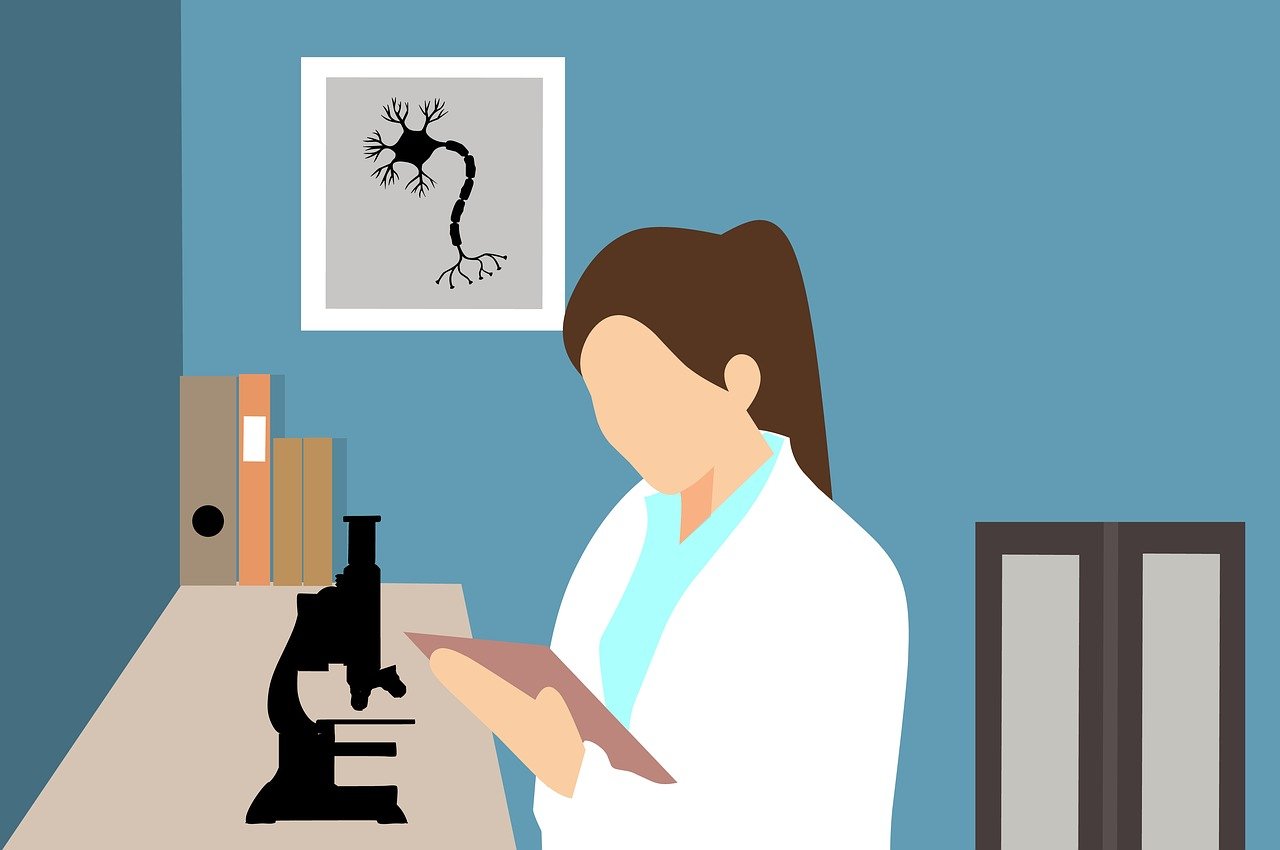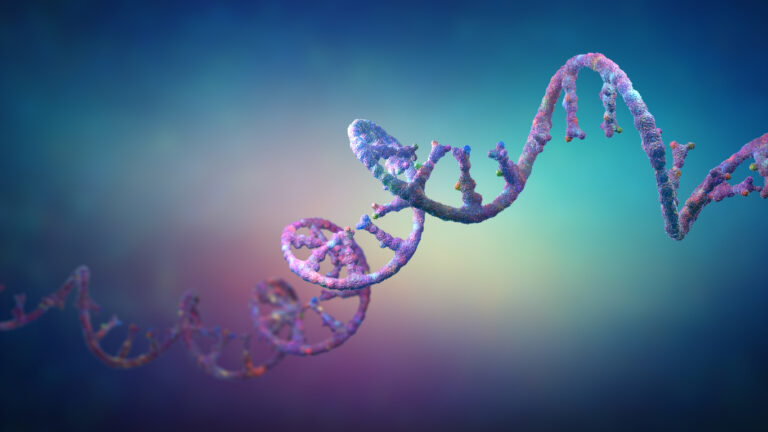An Interview with a Chemist, Meri

Our first interviewee is Meri, my mom’s friend who lives in Barcelona, Spain. She is a chemist who has a PhD and happens to work for a Japanese company. I am interested in the field of STEM, and exploring what area in STEM might be a good fit for me. I am curious about what made her decide to choose that major and pursue to get even a PhD. Since I don’t know anybody around me who majored in chemistry at university, I am very interested in talking to her and learning about her story and experience. I have been taking Spanish classes in school since elementary school, but my Spanish isn’t great for conversation, so we spoke in English (luckily, she’s quite fluent!). Here are the interview highlights. I highlighted my questions in bold.
Hi Meri, thank you for agreeing to this interview.
Meri: My pleasure.
I’ve been thinking about what major I should pursue in college and I’m interested in STEM. But I’m having trouble narrowing down my focus. I’d love to hear about your journey and how you became a chemist. Can we start?
Meri: Sure, let’s do it!
First of all, why chemistry? What made you decide to become a chemist? Is there a story behind it?
Meri: It’s a long story, but in a nutshell, I chose chemistry as my major because it was more affordable. At that time, I was considering two options – chemistry and physical therapy. My first choice was physical therapy, but it would have been much more expensive for my parents since I’d have to attend a private school. So, I chose chemistry, preferring to make a lower-risk decision. In hindsight, I’m happy I did.
How was your university experience?
Meri: Majoring in chemistry was tough because there were so many courses to take. The hardest part was understanding the conceptual aspects of chemistry. However, I enjoyed the analytical side, and that knowledge is still applicable in my current job. To be honest, less than 10% of what you learn in university directly applies to your job. It’s frustrating, but that’s the reality.
I see. Where do you use that 10% of your acquired knowledge in your job right now?
Meri: Throughout my career, I’ve used the analytical knowledge from university, which has been essential to my development. While working at an Anti-Doping Lab in Barcelona, I completed my PhD and later moved on to work at a Japanese company. In all of these roles, I’ve applied separation techniques like chromatography to analyze complex samples—from blood and urine to fragrances. Chromatography helps isolate compounds, which we later identify using a tool called Mass Spectrometry, giving us a unique fingerprint for each compound. In my current role, we combine these compounds to create fragrances for different products.
You might not know this, but fragrance preferences vary by region. For example, the scent of shampoo in Japan may not be appealing to Europeans, so it’s important to tailor fragrances in household products to the market.
Oh, that’s quite interesting. I didn’t realize that creating fragrances for household products requires a deep understanding of chemistry. Do you have any advice for 17- or 18-year-olds about becoming a chemist or deciding on a career path? Do you have any regrets?
Meri: My advice is to study consistently and not leave everything for the last minute. I know you’re taking chemistry in high school now, so remember that memorizing isn’t as important as truly understanding the concepts. The ability to process and comprehend material will be more valuable in the long run.
That’s great advice. Thank you! Lastly, why did you decide to continue studying at university and get a PhD?
Meri: Sometimes, things happen for a reason, but you can only see it when you look back later. I initially needed an internship to finish my degree. However, at that time, I didn’t have a driver’s license, so I needed to find a company in Barcelona. It was difficult because most companies are located in the suburbs. Fortunately, I found a placement at the public Anti-Doping Laboratory in Barcelona.
What started as a short internship there turned into a 12-year journey, during which I was offered a PhD fellowship. It took me ten years to complete my PhD while navigating life changes like health issues, marriage, and becoming a mother. But I’m proud I persevered.
Thank you for talking to me, Meri. I’ll keep exploring my options and looking for my passion.
After the interview, since we were in a Zoom meeting, Meri used her smartphone to show me around her workplace. The office was big and empty as it was early morning, and Meri was the first person there. She has two desks—one in a lab and one in the office. Cool! Her lab seemed surprisingly similar to one I saw in a medical hospital in the US. I also saw the Gas Chromatograph and Mass Spectrometry instrument she mentioned, used for separating and identifying compounds. There were test tubes on her desk, likely waiting for analysis.
Before the interview, I expected to hear about Meri’s passion for chemistry, but her story was different. She chose chemistry mainly for practical reasons, but her journey showed that sometimes, the path you didn’t expect can lead you exactly where you’re meant to be.







